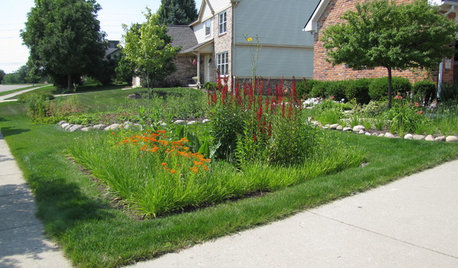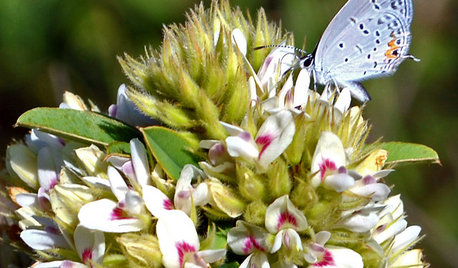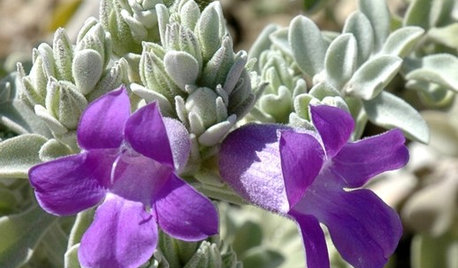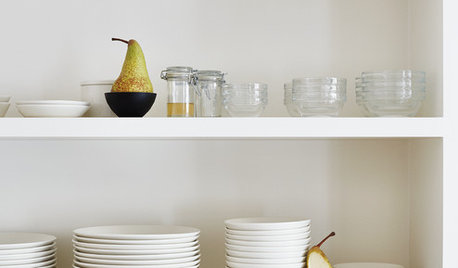How to put Microbes back into soil
John near Toledo
11 years ago
Related Stories

GARDENING GUIDESHow to Stop Worrying and Start Loving Clay Soil
Clay has many more benefits than you might imagine
Full Story
LANDSCAPE DESIGNHow to Shape a Rain Garden and Create the Right Soil for It
Learn how to grade, lay out and amend the soil in your rain garden to support your plants
Full Story
GARDENING GUIDESGardening Solutions for Heavy Clay Soils
What’s a gardener to do with soil that’s easily compacted and has poor drainage? Find out here
Full Story
GARDENING GUIDESGrow a Beautiful Garden in Alkaline Soil
Got alkaline soil? Learn how to manage it and the many beautiful plants that will thrive in this ‘sweet’ soil
Full Story
FARM YOUR YARDHow to Get Good Soil for Your Edible Garden
The nutrients in your soil feed the plants that feed you. Here are tips on getting it right — just in time for planting season
Full Story
GARDENING GUIDESHow to Pick a Mulch — and Why Your Soil Wants It
There's more to topdressing than shredded wood. Learn about mulch types, costs and design considerations here
Full Story
GARDENING GUIDES5 Prairie Wildflowers That Can Heal Your Soil
Get free, organic soil fertilizer with nitrogen-pumping plants that draw pollinators too
Full Story
GARDENING GUIDESGreat Design Plant: Try Blue Bells for Blooms in Dry Soil
This shrub’s violet-blue flowers and silvery foliage brighten low-water gardens all year long
Full Story
GARDENING GUIDESHouzz TV: Make a Worm Bin for Rich Soil and Happy Plants
A worm-powered compost bin that can fit under a sink turns food scraps into a powerful amendment for your garden. Here’s how to make one
Full Story
LIFEYou Said It: ‘Put It Back’ If It Won’t Help Your House, and More Wisdom
Highlights from the week include stopping clutter from getting past the door, fall planting ideas and a grandfather’s gift of love
Full Story






Raw_Nature
Raw_Nature
Related Professionals
Camas Landscape Architects & Landscape Designers · Peabody Landscape Contractors · Matthews Landscape Contractors · Chattanooga Landscape Contractors · Cudahy Landscape Contractors · Eagle Landscape Contractors · East Hanover Landscape Contractors · Huntley Landscape Contractors · Manhattan Landscape Contractors · Norristown Landscape Contractors · North Highlands Landscape Contractors · Irvington Landscape Contractors · Lebanon Decks, Patios & Outdoor Enclosures · Minneapolis Decks, Patios & Outdoor Enclosures · Spokane Decks, Patios & Outdoor Enclosureszzackey
nc_crn
John near ToledoOriginal Author
nc_crn
John near ToledoOriginal Author
Kimmsr
Raw_Nature
nc_crn
Raw_Nature
nc_crn
Raw_Nature
nc_crn
John near ToledoOriginal Author
nc_crn
Raw_Nature
John near ToledoOriginal Author
Raw_Nature
GreeneGarden
Raw_Nature
pnbrown
Raw_Nature
pnbrown
nc_crn
Raw_Nature
Raw_Nature
nc_crn
Raw_Nature
pnbrown
msmorningsong
msmorningsong